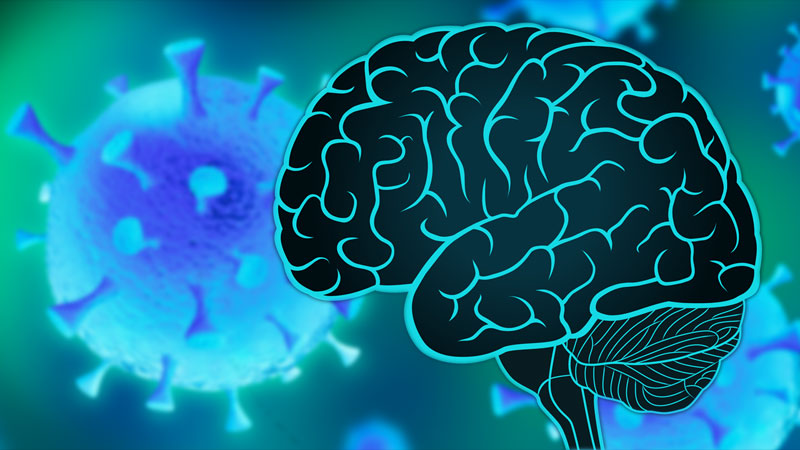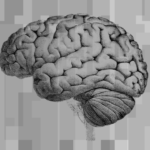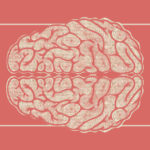In the peer-reviewed journal JAMA Neurology, a team of researchers released their findings on the neurological manifestations exhibited by children with COVID-19. The symptoms, according to researchers, involved the central and peripheral nervous systems, in addition to splenium changes — visible through neuroimaging.
Their study was based on the examination of 27 patients residing in the UK, younger than 18 years old, who were reportedly infected with the recent coronavirus strain. The series of tests were conducted between March to May 2020.
Of the 27 patients, nearly 15 percent, or just 4 patients, developed new neurological symptoms even as they were noted to be healthy before infection. Among the symptoms reported include headaches, muscle weakness, reduced reflexes, encephalopathy, and brainstem/cerebella indications.
“All 4 patients required intensive care unit admission for the treatment of COVID-19 pediatric multisystem inflammatory syndrome,” researchers stated in the findings.
“Splenium signal changes were seen in all 4 patients on magnetic resonance imaging of the brain,” they added.
By the study’s conclusion, it was evident that in comparison with non-severe infected patients, those with more chronic symptoms were more likely to exhibit neurological presentations, which included acute cerebrovascular diseases and impaired consciousness.
“In this case-series study, children with COVID-19 presented with new neurological symptoms involving both the central and peripheral nervous systems and splenial changes on imaging, in the absence of respiratory symptoms,” researchers concluded.
“Additional research is needed to assess the association of neurological symptoms with immune-mediated changes among children with COVID-19.”


